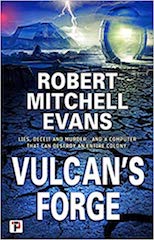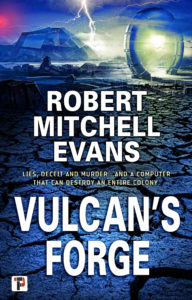I do not mean that novels between novelist are written differently but rather that my own works each one takes a new path from conception to execution.
Some I have a great deal of the plot details already in my skull when I sit down to draft an outline, and I always outline, while others it’s much more of a character study that the outline is generated from.
My newest novel, which hasn’t yet reached the outline stage, has found a new path. It has started with the world-building. (Sorry Steven King, that’s a perfectly acceptable word and I simply do not understand your rejection of it.)
This new book is set on Mars, and I already had social forces that will be pushing the characters around. (That’s the thematic focus of the work, how the system we create trap and corral us all.) And I have the McGuffin that’s going to be driving the plot along with a pretty strong sense of the ending along with a possible final line, but right now the vast center of the book is in a deep fog to me.
So, I have started with the world around the characters, the corporations, associations, cloques, and social movements the character swim in. With hose elements in place, I have moved onto the characters themselves and as I sketch them out, they grow their flesh, their tastes and distastes, their dreams and nightmares, which lead to their choices, their mistakes, and slowly emerging from that fog, the actual book itself.
It’s almost as organic as a pantser just writing from a blank page but not quite.
Every book is different and therein lies the thrill and the terror of writing.



